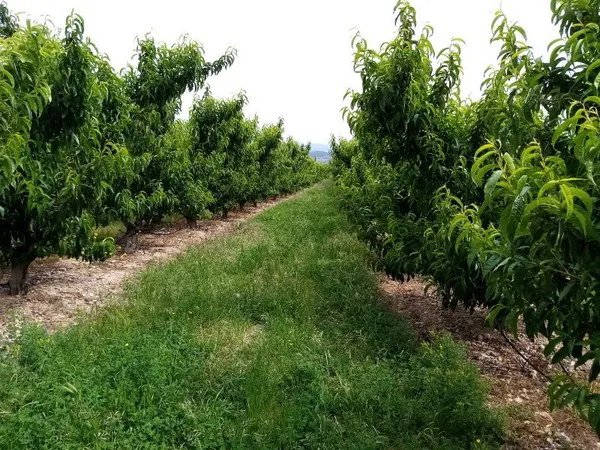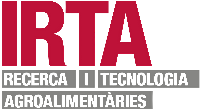In order to increase the presence of parasitoids (insects that lay an egg inside the pest, causing its death) and the natural predators of the peach aphid, a series of pilot tests has been planned at the facilities of the company Grupo Ametller Origen, Agrícola Maresme SXXI. Thus, covers made with selected plants will be used to facilitate biological control and reduce the use of phytosanitary products. "This is one of the initiatives launched by the IDEAS Operative Group. The idea is to give the sector tools to restore biodiversity in farms devoted to the production of vegetables in greenhouses and the open ground and fruit in fields," says IRTA researcher Judit Arnó.
In addition to participating in the design of the cover and the management that should be given during cultivation, IRTA researchers will determine the improvement that this strategy will bring in terms of pest control. This information will allow the establishment of pest management protocols that are more respectful with the natural enemies present on the farm, in such a way that their use can be optimized to control aphids.

The IDEAS Operational Group aims to achieve a more sustainable agriculture with the application of agri-environmental measures that maximize crop productivity through the intensification of ecological processes favoring biodiversity. To promote this biological control, it will use auxiliary fauna as the only viable strategy to achieve sustainable pest control management.
According to Arnó, "the results obtained with the project will allow us to know more about the role that ecological infrastructures, such as plant covers, have in the protection of natural enemies, and will give us information on the functioning of agroecosystems in the Mediterranean." The IRTA researcher also said that "the information obtained will make it possible to improve pest control protocols, making them more sustainable, and thus evaluate the factors that limit the adoption of more environmentally-sustainable plant protection methods."
About the IDEAS operating group
The collaboration between IRTA and Agrícola Maresme SXXI (Grupo Ametller Origen) is part of the work carried out by the Supra-autonomous Operational Group called Implementation of Ecological Developments for Sustainable Agriculture (IDEAS). The activity of GO IDEAS is in full harmony with the European Union's policy promoting more environmentally-friendly agricultural practices and the tackling of the consequences of climate change for the agricultural sector.
 For more information:
For more information:
IRTA
Torre Marimon s/n
Caldes de Montbui, 08140, Barcelona, Spain
Tel.: +34 934 674 040
irta@irta.cat
www.irta.es
